Are you tired of lugging around heavy suitcases and struggling to fit all your belongings into your luggage? Do you often find yourself regretting overpacking and wishing you had brought less on your travels? If so, you are not alone. Overpacking is one of the biggest mistakes that travelers make, leading to stress, discomfort, and unnecessary expenses. As the saying goes, less is more, especially when it comes to long trips.In this blog, we will share expert tips on how to avoid overpacking and make your travels more comfortable and enjoyable. Say goodbye to the burden of heavy luggage and hello to stress-free travel with these helpful tips.
Avoid Packing to Capacity
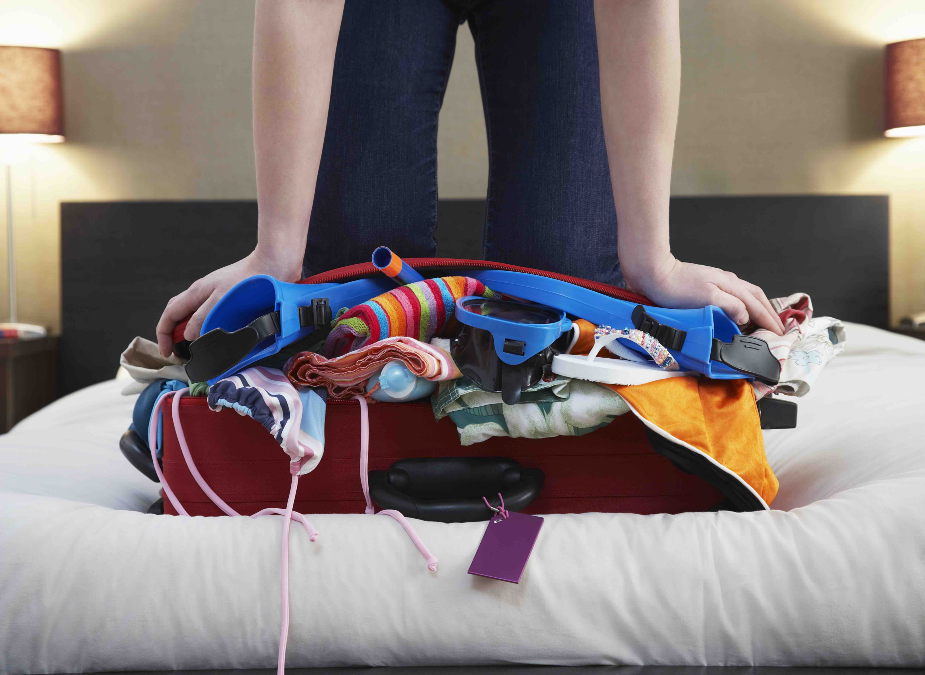
Packing for a lengthy vacation should ideally be done in stages. Leaving your bags alone and reassessing your packing the next day will yield the greatest outcomes. Choosing to take or leave something might vary with time. You may run into trouble if your suitcase is even marginally overstuffed. Although most travelers are primarily concerned with weight, volume should also be taken seriously. Throughout your vacation, a backpack that requires too much work to pack will be a significant strain.
Recommended Reading: How to Stay Connected While Traveling Abroad
Consider the following:
- Cleanly folded/rolled clothes take up far less space than dirty laundry.
- Undoubtedly, when you travel, you will buy new things.
- Every relocation shouldn’t need undertaking a time-consuming repacking process for your bags.
- If at all feasible, try to depart with bags that are no more than halfway filled.
- Make some brief packing notes at the conclusion of each trip if you travel frequently. Make a list of the things you didn’t use so you won’t forget to pack them on your subsequent trip.
Say Goodbye to Survival Mode
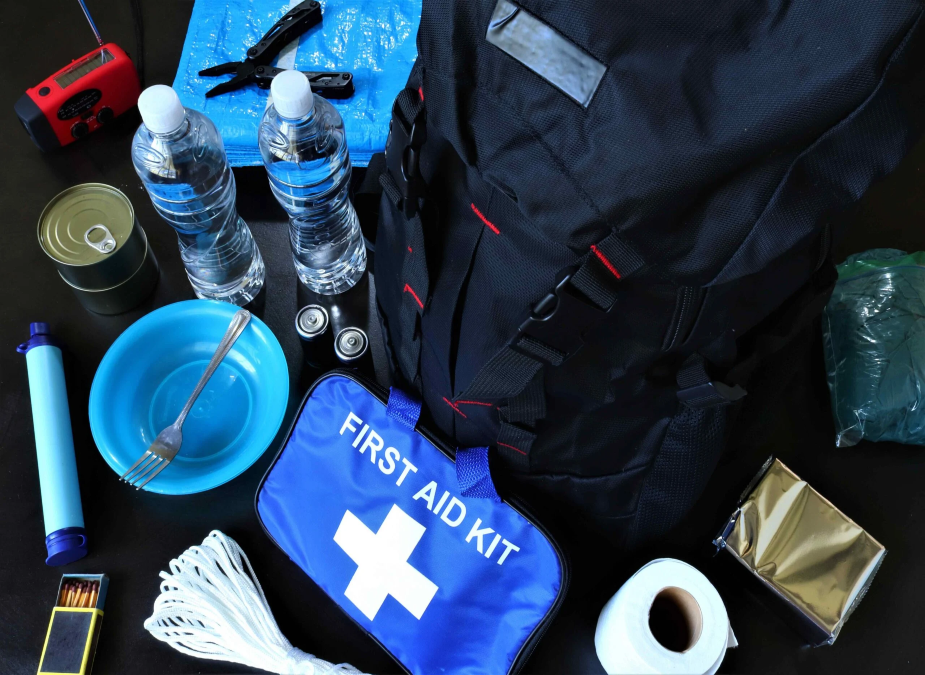
Something about stepping outside of your comfort zone seems to turn on a mental switch for survival. A 30-function multi-tool and an Everest-worthy travel first aid kit are unlikely to be necessary if you don’t often use them at home.It is a fact that travelers assemble a large collection of unnecessary travel and survival gear. A lot of the entertaining, somewhat useless items in department stores and outfitting stores are intended to attract travelers and swell bags.
Keep your “what if” thoughts to yourself unless you actually want to go alone into the jungles of Papua or the Himalayas. People are encouraged to include rarely-used survival gadgets because of this mentality. In addition, before you came, the inhabitants in your intended destinations were coping just fine without lightweight titanium sporks and gadgets. Most likely, they’ll have everything you need to live. Just leave if you catch yourself thinking about “what if” and catastrophic scenarios while packing.
Recommended Reading: How to Choose the Perfect Travel Backpack
Get to Know Your Destination
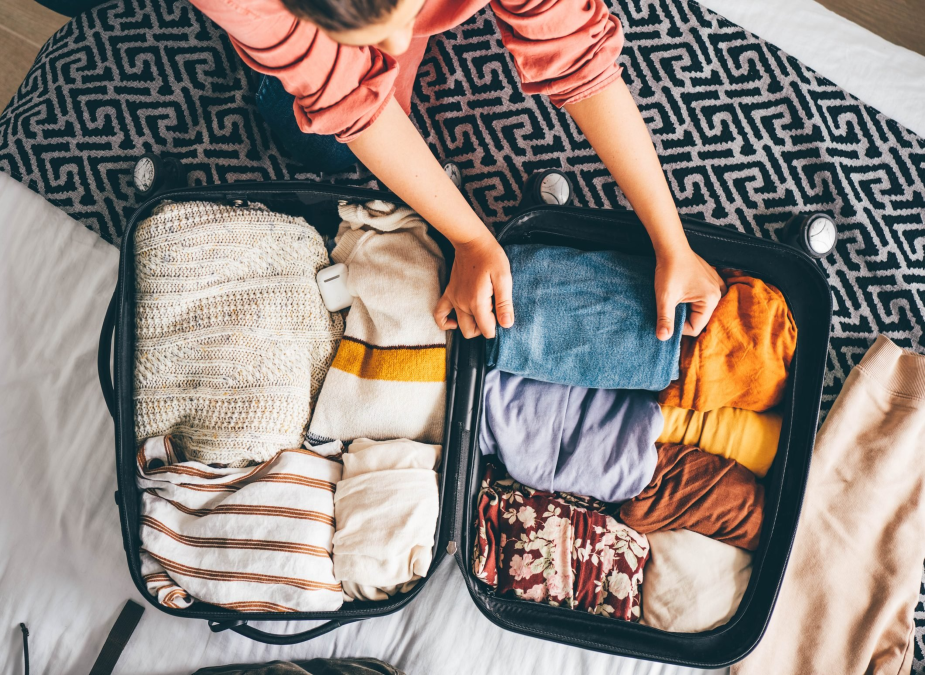
Packing will become easier if you have some knowledge about your trip.
Laundry: Does your destination provide a laundry service? Most likely, it is. Even if doing laundry while traveling doesn’t sound like much fun, paying for a service in the middle of your vacation allows you to bring considerably less luggage, making it a reasonable investment.
The weather, please: Knowing the weather conditions at your location before you go will help you avoid packing inappropriate apparel and shoes. If it’s going to rain, why bring an umbrella when you can just buy one?
Avoid Overpacking in One Simple Step
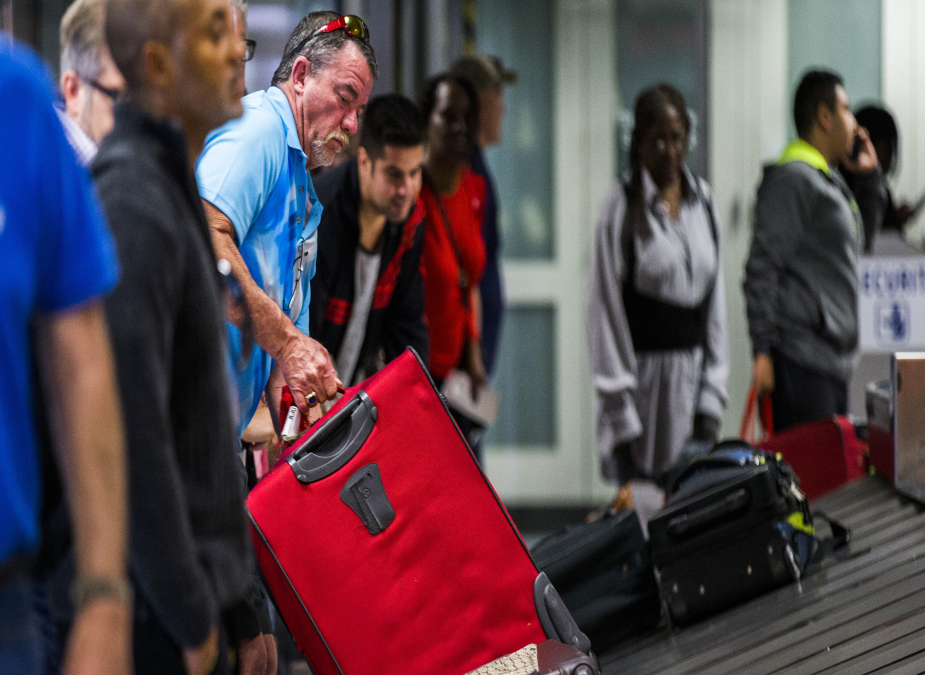
Make many attempts at packing before a significant trip, as was previously indicated.
Packing at the last minute will guarantee that you take too much. Pack your bags initially, then let them alone—ideally overnight. You will probably start questioning why you believed you needed a certain item in the first place after your second or third round of packing! Stage everything on the bed or floor before packing it into your suitcase. Not only will this offer you the chance to remove extraneous items from your baggage, but you’ll also have a clear mental picture of everything you packed.
Recommended Reading: The Best Travel Gadgets of 2023: Must-Have Accessories
Avoid Adding Last Minute Items
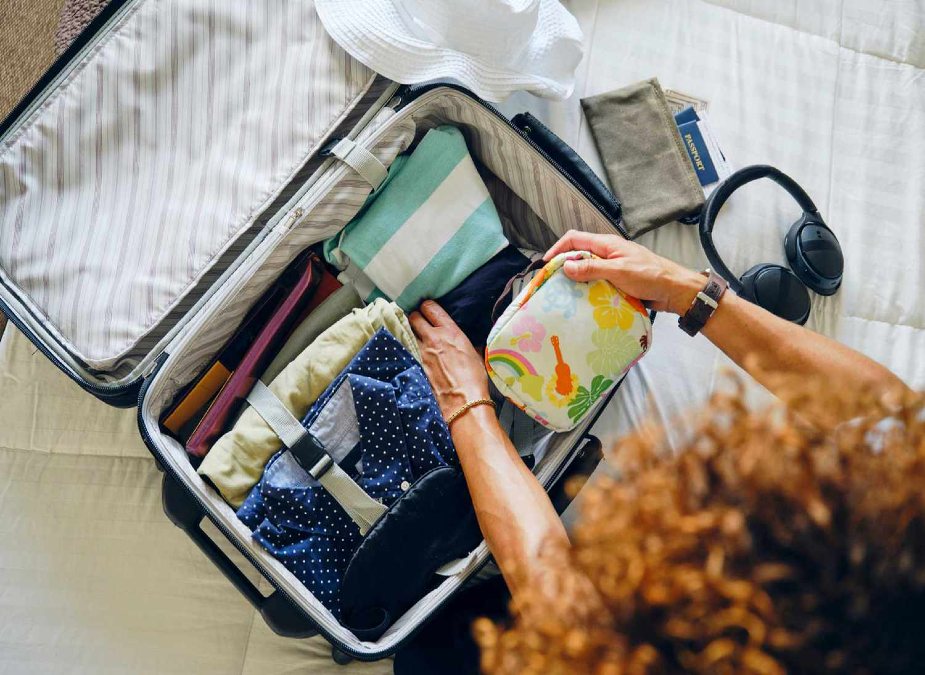
Many travelers have a propensity to cram little, last-minute items into their suitcases in the frenzied hours before a large journey. People add stuff, if for no other reason than to ensure that the packing process is complete.After your second or third attempt at packing, secure your bags and keep them there until you leave. By doing this, you can resist the need to pack more in the days leading up to your vacation.
Opt for a Smaller Bag
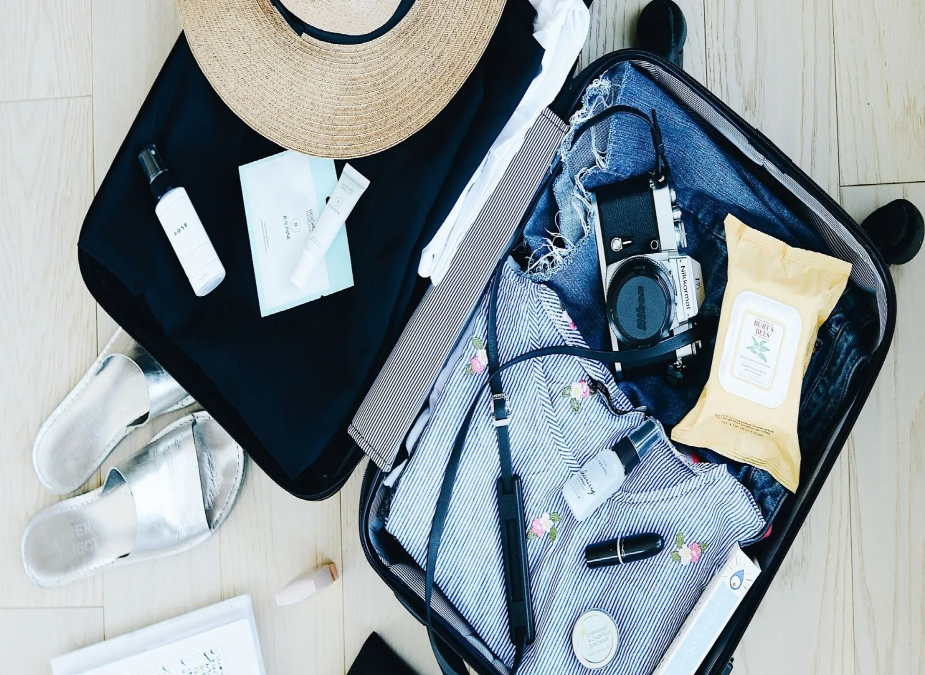
You are more likely to utilize it if you offer yourself plenty of space in your suitcase. You’ll be forced to pack more carefully and effectively if you choose a smaller backpack or suitcase up front. No matter how little a bag you pick, you shouldn’t fill it all the way. Using a waterproof day pack is a terrific method to shield devices and books from inclement weather. Pick a bag with a rain cover or one that is water resistant. In an emergency, a big waste bag can be used to line the interior of a luggage.
Take in Smaller Quantities
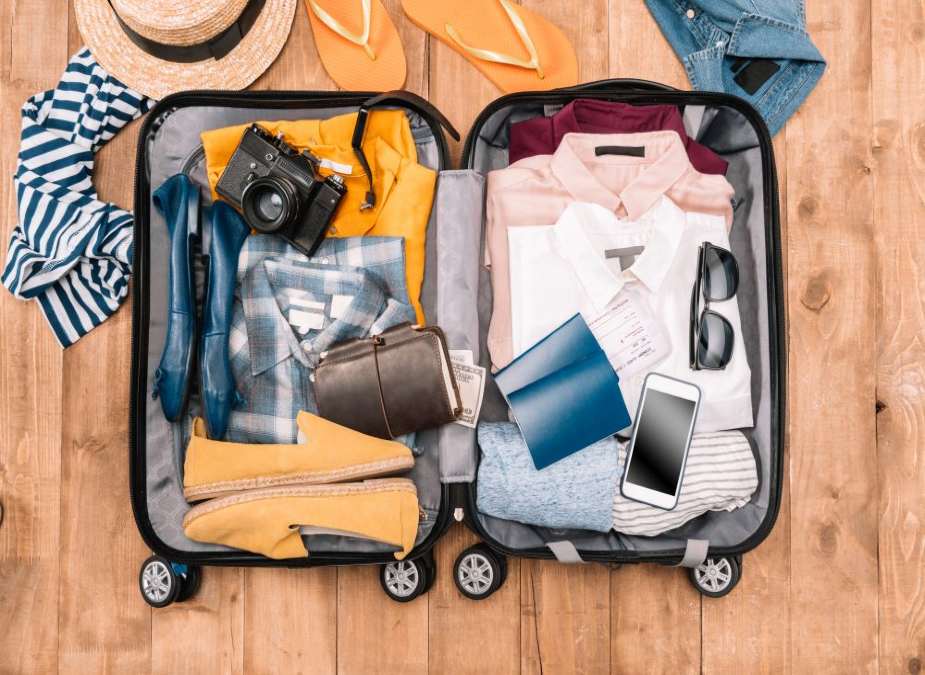
When traveling for only a week or two, why fill travel-sized bottles? Nobody is requiring you to completely fill bottles or anything else. Get in the habit of simply packing what you really need for the duration of the trip. If and when you run out of anything, purchase more.Spend a little more time in advance arranging what you will wear every day. Instead of bringing multiple shirts, shoes, shorts, or belts and deciding to figure it out afterwards, do the opposite.Although they have a certain “cute” element, travel-sized toiletries and other personal things are rarely inexpensive. Instead, invest in a few high-quality travel bottles that you can fill with your regular items.
Don’t Waste Space
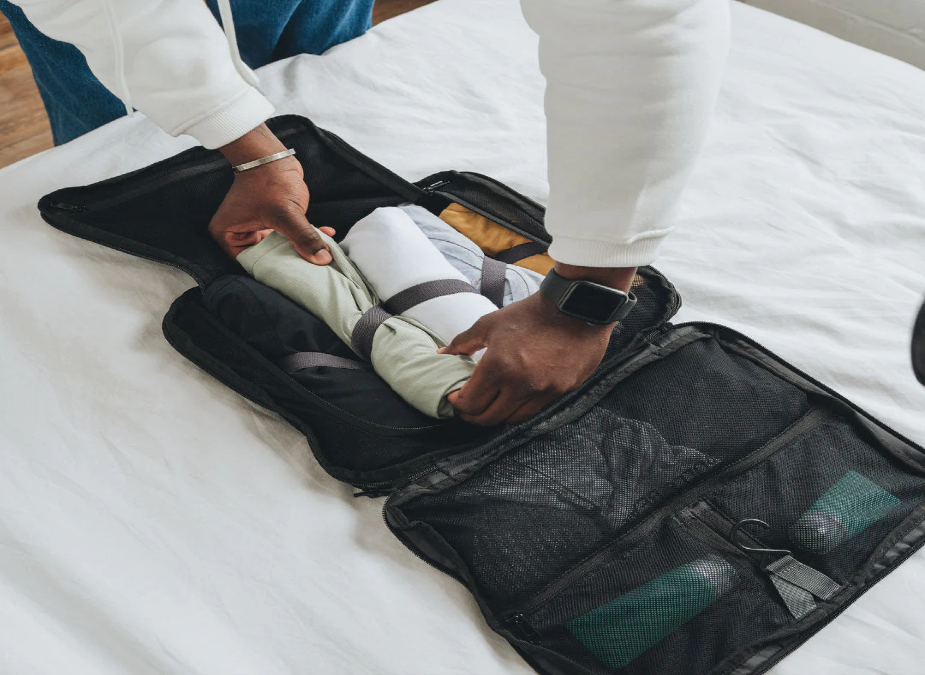
Modular packing is the best approach. Consider including “kits” based on needs. You’ll save time and effort later on when attempting to discover things by grouping objects with comparable purposes together. Compression bags and coloured stuff sacks are excellent tools for organization and space-saving. Think about using packing cubes or the nifty Hoboroll from GobiGear, a portable bag that enables garments to be compressed and rolled. Rolling clothes really keeps them from wrinkling and saves room.To maximize space in your suitcase, cram smaller items into empty spots. Shoes can be filled with socks. For everything new, take the packing off. Use improvised containers or create your own methods of protection if doing so reduces weight.
Plan to Buy Things Locally
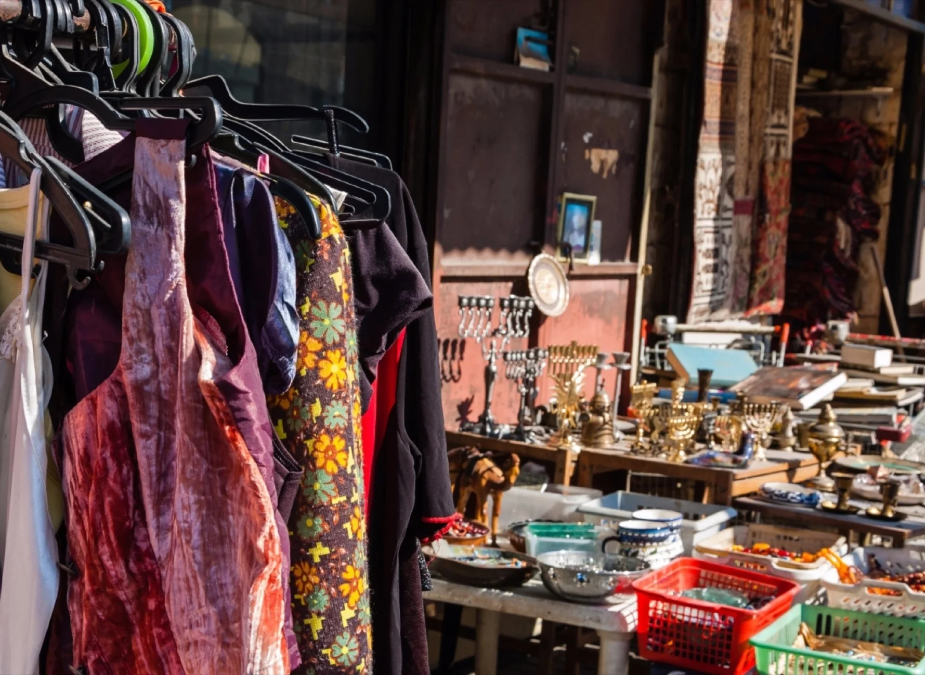
“Pack less, bring more money” is a wise maxim that nearly always applies. Cash is far more practical and adaptable than tangible possessions on a journey, unless you’re an expert at bartering.Missed something when packing? Purchase the regional version without worrying!
A significant part of the excitement is shopping in different areas and trying out regional goods. With a few exceptions, Asia is usually where you’ll get the identical products at a lower price.
Visit the local markets; you can discover something that is far more precious than a good deal: cultural understanding. Pack just a tiny amount of everything and buy more as needed, unless you’re quite certain that you won’t find it at your destination (for example, leave additional AA batteries at home; you can get them almost anywhere). Instead of the entire bottle, merely bring a couple ibuprofen, etc.
Pack Less Toys

You will be in a fascinating new location with loads to see and do. Without a doubt, you won’t need as many amusements as you do at home as diversions! When there is a new nation waiting to be discovered, why bring cards or games? Even having a smartphone with you might make traveling less enjoyable if it is not utilized responsibly.When visiting many countries, simply bring one guidebook and swap it out as you go. Carry only a tiny device (such as a tablet, smartphone, etc.) for checking messages and publishing images unless you expect to work while traveling and require a full-size laptop.
Summing Up
Congratulations, you’ve made it to the end of our expert tips on how to avoid overpacking! By implementing these strategies, you’ll be able to travel with ease and avoid the stress and discomfort of lugging around heavy suitcases. Remember, less is more when it comes to packing for a long trip. Whether you’re going on a weekend getaway or a months-long adventure, packing smart and traveling light will make your journey more enjoyable and stress-free. So next time you’re preparing for a trip, use these expert tips to avoid overpacking and simplify your travels. Trust us, your back (and wallet) will thank you!
Clearing Up Overpacking Misconceptions: Common Questions Answered
1. How can a packing list prevent me from packing too much?
A packing list guarantees that you just bring what is essential and keeps you from packing too much.
2. Which clothes items need to I bring first for versatility?
For optimal adaptability, concentrate on wearing neutral-colored apparel, layering items, and versatile shoes.
3. Are there any particular packing methods that I may use to maximize space?
Rolling your clothing, utilizing packing cubes, and selecting multi-use goods can all help you pack more effectively and conserve space.
4. How might adopting a minimalist outlook prevent me from overpacking?
Accepting simplicity makes packing easier and encourages you to value experiences over belongings.
5. What can I do to keep my luggage light while traveling?
You may keep your luggage light by doing laundry while you’re traveling, minimizing your purchases of trinkets, and frequently reviewing your packing decisions.
Featured Image: Briggs-riley.com



